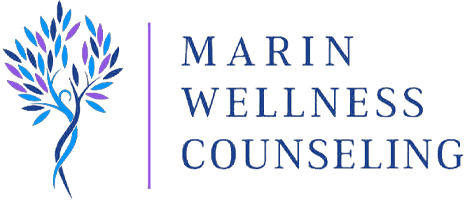Understanding ADHD: Symptoms and Treatment Strategies

Introduction
Attention Deficit Hyperactivity Disorder (ADHD) is a neurodevelopmental condition that affects millions of children and adults worldwide. While it is often diagnosed in childhood, it can persist into adulthood, presenting unique challenges for those who have it. In this blog, we will explore what ADHD is, how it manifests, and the various treatment methodologies available to manage its symptoms.
What is ADHD?
ADHD is a complex neurobiological condition characterized by persistent patterns of inattention, hyperactivity, and impulsivity that significantly interfere with an individual’s daily life. It’s important to note that ADHD is not a result of laziness, lack of discipline, or poor parenting. It is a legitimate medical condition with genetic and neurological underpinnings.
ADHD can be classified into three main types:
- Predominantly Inattentive Presentation: This type is characterized by difficulties sustaining attention, following through with tasks, organizing activities, and paying attention to details. People with this type often appear forgetful and disorganized.
- Predominantly Hyperactive-Impulsive Presentation: Individuals with this type display hyperactive and impulsive behaviors without significant inattention. They may struggle to sit still, act without thinking, and have difficulty waiting their turn.
- Combined Presentation: This is the most common type, where individuals exhibit symptoms of both inattention and hyperactivity-impulsivity.
How Does ADHD Manifest?
ADHD manifests differently in individuals, but some common signs and symptoms include:
Inattention:
- Difficulty focusing on tasks and completing them.
- Frequent careless mistakes.
- Forgetfulness in daily activities.
- Trouble staying organized.
- Avoidance of tasks that require sustained mental effort.
- Hyperactivity:
- Restlessness and the inability to stay seated.
- Talking excessively.
- Difficulty engaging in quiet activities.
- Interrupting others’ conversations or activities.
Impulsivity:
- Impatience, difficulty waiting for one’s turn.
- Acting without considering consequences.
- Frequently interrupting others.
- It’s important to note that ADHD symptoms can change over time and vary in severity. Children with ADHD may have more overt symptoms, while adults often develop coping mechanisms that make their symptoms less conspicuous.
- Treatment Methodologies for ADHD
- While there is no cure for ADHD, there are several effective treatment strategies to manage its symptoms and improve overall quality of life. These strategies are often tailored to an individual’s specific needs. Here are some common approaches:
Medication:
Stimulant medications, like methylphenidate (Ritalin) and amphetamine-based drugs (Adderall), are often prescribed to help improve focus and reduce impulsivity and hyperactivity. Non-stimulant medications, such as atomoxetine (Strattera) and guanfacine (Intuniv), can also be used and are sometimes preferred for certain individuals.
Behavioral Therapy:
Cognitive Behavioral Therapy (CBT) can help individuals learn to manage their symptoms, develop organizational skills, and cope with the emotional challenges that often accompany ADHD.
Education and Support:
Psychoeducation can help individuals and their families understand ADHD better, enabling them to develop strategies for managing symptoms and improving relationships.
Lifestyle Modifications:
Structured routines, regular exercise, a balanced diet, and adequate sleep can have a positive impact on managing ADHD symptoms.
Accommodations:
In school or workplace settings, accommodations such as extended time for tasks and access to quiet environments can be beneficial for those with ADHD.
In Conclusion
ADHD is a complex neurodevelopmental disorder that can significantly impact an individual’s life, but with the right strategies, it can be managed effectively. By working with healthcare professionals, individuals with ADHD and their families can develop personalized treatment plans that address their specific needs, allowing them to lead fulfilling and successful lives. Remember that ADHD does not define a person; it is just one aspect of their unique identity.

